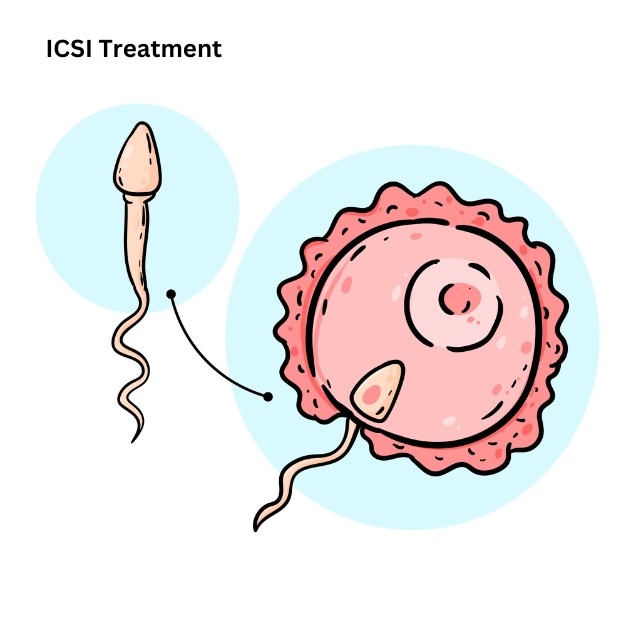Introduction
Intracytoplasmic Sperm Injection (ICSI) has revolutionized fertility treatments, offering hope to couples struggling with male infertility. While ICSI bypasses many natural fertilization barriers, sperm quality still plays a crucial role in the treatment’s success. Understanding how sperm health impacts ICSI outcomes and learning ways to improve fertility can increase the chances of a successful pregnancy.
Why is Sperm Quality Important for ICSI?
ICSI involves injecting a single sperm directly into an egg. Although this eliminates issues like poor motility, sperm health still determines:
- Fertilization success – Healthier sperm increase the likelihood of successful fertilization.
- Embryo quality – Stronger sperm contribute to higher-quality embryos, improving implantation chances.
- Pregnancy rates – Good sperm DNA integrity leads to higher success rates in ICSI cycles.
Key Sperm Quality Factors Affecting ICSI Success
1. Sperm Motility
- Why it Matters: Though ICSI eliminates the need for sperm to swim to the egg, motile sperm tend to be healthier and more capable of fertilization.
- How to Improve: Regular exercise, reducing alcohol intake, and staying hydrated can enhance sperm motility.
2. Sperm Morphology (Shape & Structure)
- Why it Matters: Abnormally shaped sperm may carry genetic defects, affecting embryo quality.
- How to Improve: Consuming foods rich in antioxidants and avoiding tobacco can help.
3. Sperm Count
- Why it Matters: A higher sperm count increases the availability of healthy sperm for selection.
- How to Improve: Maintain a balanced diet, avoid excessive heat exposure (hot tubs, saunas), and manage stress.
4. Sperm DNA Integrity
- Why it Matters: DNA fragmentation in sperm can reduce embryo quality and increase the risk of miscarriage.
- How to Improve: Take folic acid and vitamin C supplements, quit smoking, and maintain a healthy weight.
How to Improve Sperm Quality for Better ICSI Success
1. Maintain a Healthy Diet
Eating fertility-boosting foods rich in zinc, folate, and omega-3 fatty acids (like nuts, fish, and leafy greens) supports sperm production.
2. Exercise Regularly
Moderate exercise improves blood circulation and hormonal balance, leading to better sperm quality.
3. Reduce Alcohol and Caffeine Intake
Excessive alcohol and caffeine consumption can reduce sperm motility and increase oxidative stress, leading to DNA damage.
4. Manage Stress & Sleep Well
Chronic stress and sleep deprivation disrupt testosterone levels and impair sperm production. Practicing meditation and ensuring 7-8 hours of sleep daily can help.
5. Avoid Exposure to Toxins
Limit exposure to environmental toxins like pesticides, heavy metals, and radiation, as they negatively impact sperm production.
Conclusion
While ICSI is a highly effective fertility treatment, sperm quality remains a critical factor in achieving success. By making lifestyle changes, adopting a healthy diet, and avoiding harmful habits, men can significantly improve their sperm health and enhance their chances of a successful ICSI cycle.
For expert guidance and the best ICSI treatment, consult Gracious IVF today!


